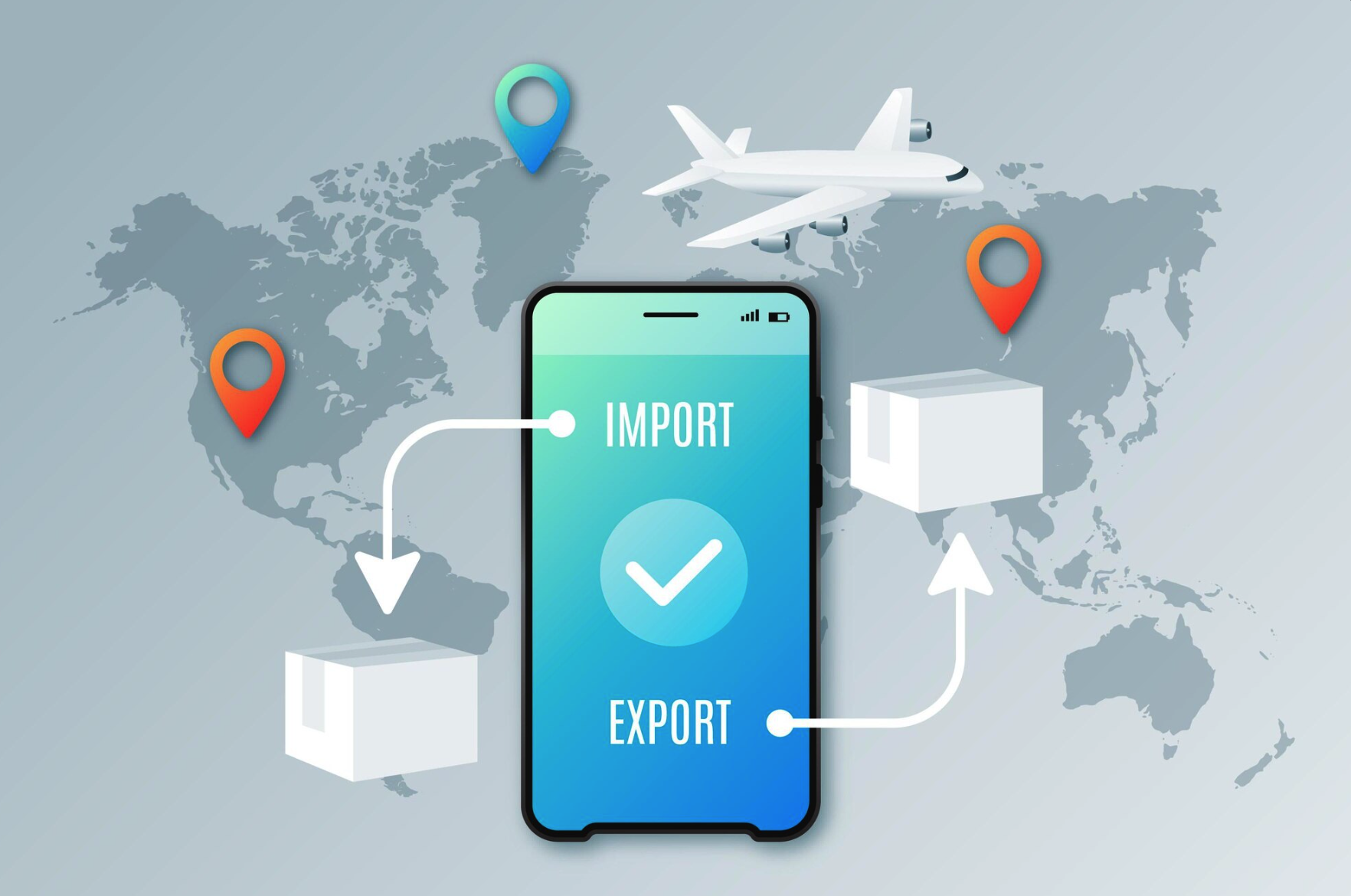Introduction to Export Logistics
Exporting hotel linen from Bangalore involves a complex network of processes that ensure the seamless transition of products from manufacturers to global markets. Effective export logistics are integral to maintaining quality and timeliness.
Importance of Efficient Shipping
Efficient shipping directly influences customer satisfaction and operational success. Consider the following:
- Timeliness: Delivering hotel linen on schedule enhances client trust.
- Cost-effectiveness: Reduces unnecessary overheads.
- Quality Preservation: Ensures items arrive in pristine condition.
Understanding these aspects equips exporters to navigate challenges effectively and improve profitability.
Understanding Hotel Linen Export Requirements
Quality Standards for Hotel Linen
When exporting hotel linen, adhering to strict quality standards is vital. High-quality linens enhance guest experience and reflect well on the brand. Some essential standards include:
- Material Composition: Preferably 100% cotton or high-quality blends for durability.
- Thread Count: Aim for a minimum of 200 threads per square inch for comfort.
- Colorfastness: Fabrics should retain color after washing.
Packaging Guidelines
Proper packaging is crucial in protecting hotel linen during transit. An effective packaging strategy includes:
- Use of Protective Covers: Prevents dirt and damage.
- Labeling: Clearly mark contents and handling instructions.
- Stacking Guidelines: Ensure items are stacked properly to avoid crushing.
These practices not only safeguard the products but also enhance brand image upon arrival.
Managing Transportation and Delivery
Working with Freight Forwarders
Partnering with experienced freight forwarders simplifies the shipping process significantly. They can provide:
- Expertise: Navigate complex logistics channels and choose optimal shipping routes.
- Negotiation Skills: Secure better freight rates.
- Insurance Options: Protect against potential loss or damage.
A good freight forwarder acts as an extension of your team, ensuring timely and efficient deliveries.
Tracking and Monitoring Shipments
Keeping tabs on shipments is vital for customer assurance. Effective tracking includes:
- Real-time Updates: Utilize tracking software or apps for transparency.
- Alerts: Set up notifications for delays or changes in delivery status.
- Regular Communication: Maintain contact with the freight forwarder for updates.
Robust monitoring not only enhances visibility but also builds trust with clients, keeping them informed every step of the way.
Ensuring Compliance and Regulations
Tariffs and Trade Regulations
Understanding tariffs and trade regulations is crucial for successful hotel linen exports. Factors to consider include:
- Classification Codes: Correctly identifying your products under the Harmonized System (HS) codes.
- Duties and Taxes: Being aware of applicable duties can influence pricing strategies.
- Trade Agreements: Leverage international agreements that may reduce tariffs for specific markets.
Getting these right can save money and prevent delays.
Resolving Compliance Issues
Even with careful planning, compliance issues can arise. Quick resolution involves:
- Document Audits: Regularly review shipping documents for accuracy.
- Consultation with Experts: Engage customs brokers or legal advisors for complicated issues.
- Proactive Communication: Maintain open channels with customs officials to quickly address concerns.
Being proactive in compliance management not only mitigates risks but also enhances overall operational efficiency.
Optimizing Cost-Effective Shipping Strategies
Consolidation and Containerization
To enhance shipping efficiency, consolidation and containerization are powerful strategies. Consider these benefits:
- Cost Savings: Combining shipments reduces transportation costs per item.
- Maximized Space: Use container capacity effectively to minimize waste.
- Streamlined Processes: Fewer shipments mean simplified paperwork and logistics.
These methods not only cut costs but also improve overall shipping reliability.
Negotiating Freight Rates
Negotiating freight rates is essential for achieving cost-effective shipping. Some key approaches include:
- Long-Term Contracts: Establish relationships with carriers for better rates.
- Volume Discounts: Leverage shipping volumes to negotiate bulk discounts.
- Market Research: Stay informed on current shipping rates to enhance negotiation power.
By employing these strategies, exporters can significantly reduce shipping costs and enhance profit margins.
Handling Potential Challenges and Solutions
Dealing with Delays and Damages
Delays and damages can disrupt the shipping of hotel linens, but proactive measures can mitigate their impact. Key strategies include:
- Effective Communication: Keeping customers informed about potential delays enhances trust.
- Insurance: Having insurance coverage for damages protects financial interests.
- Contingency Plans: Developing backup shipping options can help manage unexpected disruptions.
These practices not only minimize stress but also ensure continued satisfaction.
Implementing Risk Management
To navigate the complexities of exporting hotel linens, implementing robust risk management strategies is vital. Consider:
- Risk Assessments: Identifying potential risks upfront allows for better preparedness.
- Regular Training: Ensuring that staff are aware of protocols helps to minimize errors.
- Supplier Relationships: Establishing strong ties with reliable suppliers can create a safety net during challenging times.
By prioritizing risk management, exporters can foster resilience and enhance operational stability.






